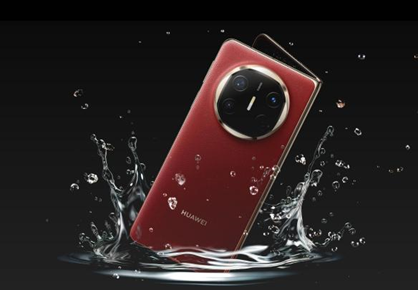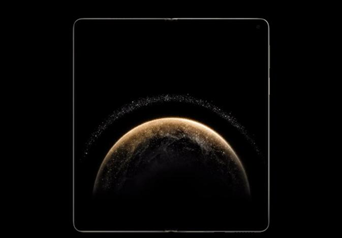Huawei
users often ask whether WhatsApp functions properly on their
smartphones—especially those released after Google Mobile Services (GMS) were
removed. The short answer is yes: whatsapp app for huawei continues to work well, including those without native GMS
support. However, there are a few key differences in how users download,
install, and back up the app. Understanding these differences helps ensure a
smooth experience with minimal disruption to daily communication.
Installing
WhatsApp on Huawei Phones Without Google Play
Since
many newer Huawei devices don’t come with the Google Play Store, users need to
turn to alternative methods to install WhatsApp. Fortunately, these options are
easy, safe, and fully supported by WhatsApp.
Downloading
WhatsApp via the Official Website
The
most direct and secure way to install WhatsApp is to use the official APK from
WhatsApp's website. Huawei users can open their browser, go to
www.whatsapp.com/android, and tap “Download Now.” Once the APK downloads, they
should open it and follow the prompts. Huawei phones will ask for permission to
install apps from unknown sources—this is normal and necessary to proceed. The
app installs and runs just like it would from the Play Store. Users can verify
their phone number, restore previous backups (if stored locally or in Huawei
Cloud), and begin messaging right away. This method is both safe and effective,
as it avoids unofficial app stores and ensures you get the most recent version
directly from WhatsApp.

Installing
WhatsApp Using AppGallery or Petal Search
Huawei’s
AppGallery does not offer WhatsApp as a native download, but it connects users
to official sources. When searching for WhatsApp in AppGallery, users are
typically redirected to the official download page. Alternatively, Petal
Search—Huawei’s official search engine—can locate and suggest a safe
installation link for WhatsApp. Both methods are reliable and help keep users
within Huawei’s ecosystem. These services also prompt users when updates become
available, ensuring the app remains functional and secure. While not as
seamless as the Play Store, they offer a user-friendly experience with added
Huawei support.
Ensuring
Notifications and Background Activity
One
challenge for Huawei users is ensuring that WhatsApp runs properly in the
background. Huawei’s battery optimization settings are aggressive and may block
notifications if not configured correctly. To prevent this, users should open
phone settings, go to Battery > App Launch, find WhatsApp, and disable
“Manage automatically.” Then enable “Auto-launch,” “Secondary launch,” and “Run
in background.” This ensures WhatsApp receives messages in real time, even when
the phone is idle. It’s a one-time setting adjustment that dramatically
improves the user experience.
Restoring and
Backing Up Chats Without Google Drive
WhatsApp’s
cloud backup feature normally syncs with Google Drive. Since Huawei phones
without GMS cannot access Google Drive, users must rely on local backup or use
Huawei Cloud. WhatsApp automatically creates local backups daily, which it
stores in the phone's internal memory. These backups can be restored during
reinstallation if the user hasn’t deleted them. To manually trigger a backup,
go to WhatsApp > Settings > Chats > Chat backup, and tap “Back Up.”
Users can also copy this backup to another device or computer if needed. Huawei
users who prefer cloud solutions may explore third-party backup tools or
Huawei’s cloud services, but they should verify encryption and privacy settings
first.

Conclusion
WhatsApp
remains fully usable on Huawei devices, including those without Google Play.
Users can install it directly from the official website, use Huawei’s Petal
Search, or rely on trusted APK sources. Background functionality and
notifications work reliably once battery settings are properly configured.
While cloud backup through Google Drive is not available, local backups and
Huawei’s alternatives fill the gap. With just a few small adjustments, Huawei
users can enjoy all the core features WhatsApp offers—secure chats, media
sharing, group messaging, and more—without compromise.
